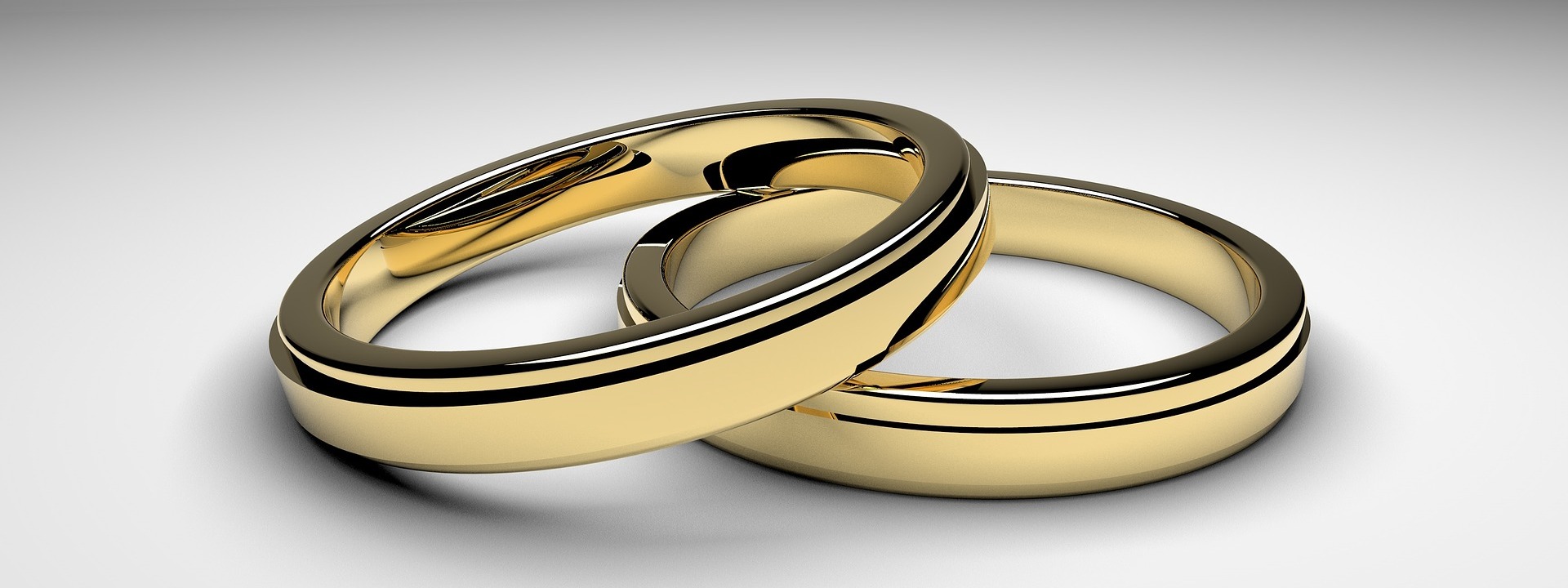The Effect of Marriage And Divorce On Wills
Posted on 4th January 2022 at 11:24
Marriage
A common misconception is that getting married has no effect on an individual’s Will, however this is not the case.
Quite simply, marriage revokes your Will unless your Will contains a clause which states you are intending to marry in the near future.
This can be an issue where someone has remarried and has children from his or her first marriage that should benefit under the terms of the Will. If the current Will does not include an ‘in contemplation of marriage’ clause it will be revoked and therefore invalid. This means the deceased’s assets will pass in accordance with the laws of intestacy.
Example
Mike makes a Will in 2018. 2 years later he meets Jane, and they decide to have a lavish wedding on a beach in Mexico. Mike fails to make a new Will after he marries Jane and dies soon after from an underlying health condition.
This means that Mike has died intestate, and his assets will pass in accordance with the laws of intestacy. In this case it may work out well for him if his estate was worth less than £270,000 and he wanted it all to pass to Jane as she is the only person who would benefit from his estate. But what if he wanted to pass some of his estate to Jane and some to his parents? Or what if he had children from a previous relationship that he wanted to make provision for?
If Mike had made a Will after he got married, then his estate would pass in accordance with his specific wishes.
Contemplation of Marriage or Civil Partnership
As mentioned above, marriage revokes a Will unless the existing Will contains a specific clause regarding contemplation of marriage.
If you expect to be married to a certain person at the time the Will is signed, when you do marry, the Will shall not be revoked. The clause will need to include the name of the person you expect to marry. If you marry someone else, the Will will be invalid.
Two conditions need to be met for this clause to be effective. Firstly, you must expect to be married or form a civil partnership with the said person at the time the Will is signed. It cannot be included where you believe you will marry this person at some point in the future.
Secondly, it must be clear from the Will that you intended that the Will should not be revoked by the marriage or formation of a civil partnership.
What if the current Will contains an ‘in contemplation of marriage’ clause and the couple go on to have a civil partnership? If the current Wills include an ‘in contemplation of marriage ‘clause and the couple enter a civil partnership, their current Wills will be revoked. The clause must be very specific as to your intentions.
Divorce
When you are going through divorce proceedings, until the decree absolute is issued, you are still classed as legally married to one another which means your spouse can still benefit from your estate if you pass away. This is the case regardless of whether there is a Will in place naming your spouse as a beneficiary or if you pass away without a Will. If you don’t have a Will and you are still legally married but separated at the time of your death, your spouse will receive the majority if not all of your estate which may not be what you would want to happen.
If you own property together, it is also wise to sever the tenancy on any jointly owned property to prevent it passing automatically to the separated spouse before any financial settlement is reached. This will enable each spouse to gift your share of the home as you wish to rather than it passing by survivorship.
Where the Will is re-written during divorce proceedings or even where you separate and do not want the other spouse to benefit from your estate, we would advise an exclusion clause in the Will specifically excluding husband/wife and stating this is not an oversight, so the intention is absolutely clear.
A letter of wishes should set out in detail the reasons for the exclusion in the event the Will is ever contested by the ex-spouse as this is what the Courts will seek to rely on. There is a risk the ex-spouse could bring a claim against your estate on the basis they have not received reasonable financial provision.
Once your divorce has been finalised and a decree absolute issued, the Will treats the ex-spouse as having pre-deceased you. This means if your current Will lists your spouse to receive your wedding ring or to receive your estate on your death, this gift will effectively fail. The same would apply to any appointments of the ex-spouse as trustee, executor, or guardian.
What if I want my ex-spouse to benefit from my Will?
There are instances where the marriage may have ended amicably, and they still wish to benefit one another on their death or for the ex-spouse to continue acting as the executor and trustee. Once the divorce is finalised, the ex-spouse is treated as having predeceased you.
If the intention is for the ex-spouse to benefit from the Will once the divorce is finalised, there is a clause which would need to be included in the Will to prevent the failure of the gift or instruction. As you can see, it is very important to consider your circumstances when it comes to marriage or divorce and will writing as what you think may happen is often not the case!
Share this post:

